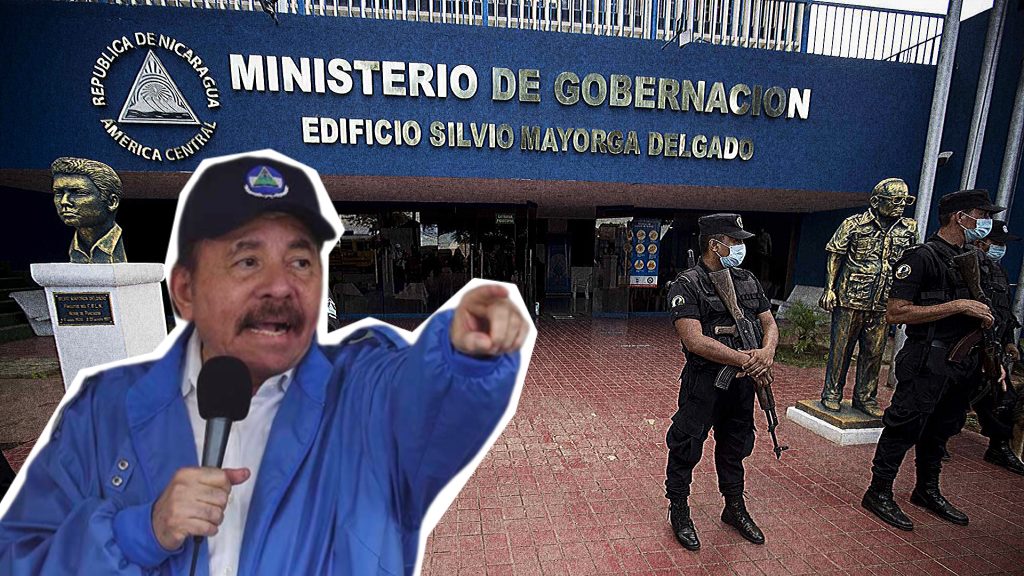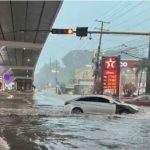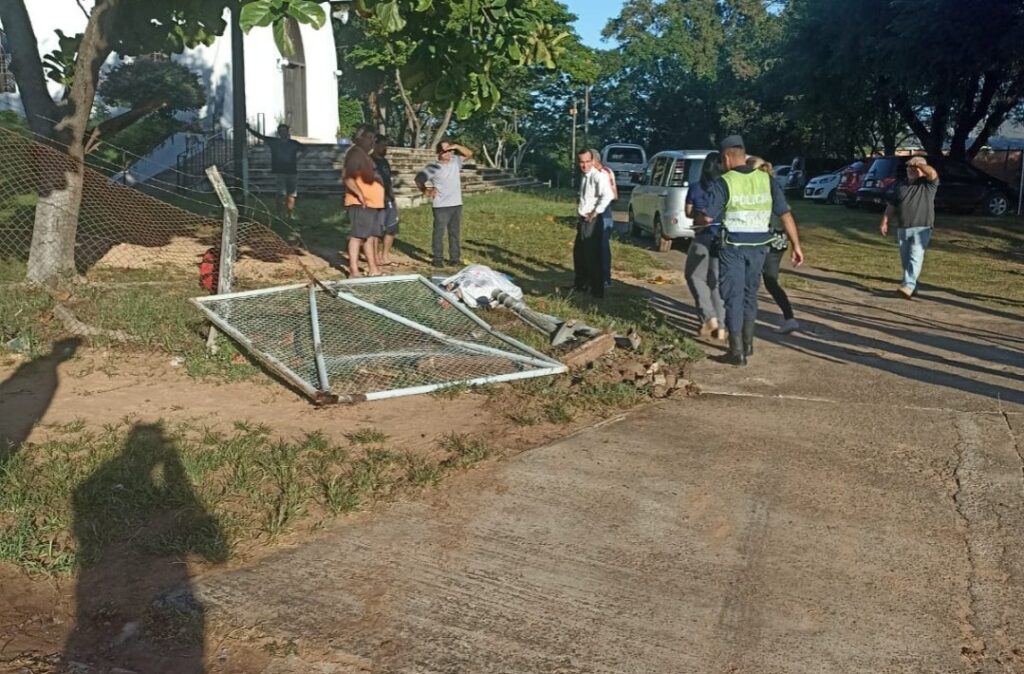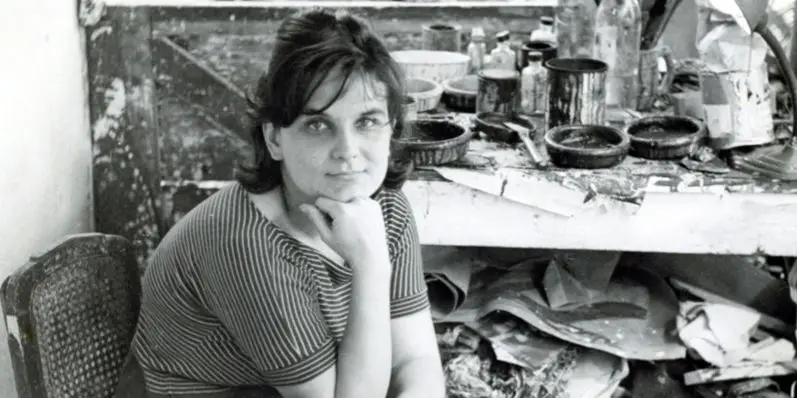Some 25 Nicaraguan organizations canceled by the repressive machinery of the government of Daniel Ortega have been established outside the country, with the aim of continuing to demonstrate human rights violations in Nicaragua.
“These actions represent forms of resistance against the restrictions and criminalization of the Ortega-Murillo regime against the organizations,” reports an investigation by the Fundación del Río, an outlawed NGO that worked on environmental issues and indigenous rights in Río San Juan. and the Indio Maíz Biological Reserve.
Related news: NGO cancellations snatch jobs from more than 23 thousand people
“Unfortunately, in our country it is the will of those who govern that civil society be silent, not express itself and not organize itself, so they have unleashed a hunt against these constitutional structures. But, sometimes difficulties serve to reinvent oneself and also present opportunities, so dozens of organizations and former members of them brought out their leadership to continue doing our work and we have considered creative ways to continue existing, continue collaborating with the population and continue demanding the reestablishment of democracy in our country,” said human rights defender Pablo Cuevas, director of the Nicaraguan Human Rights Ombudsman, created in Miami after the illegalization of the Permanent Commission on Human Rights (CPDH), of which Cuevas was a lawyer.
He explains that this is how they have had to reinvent themselves and remain in exile despite the onslaught of Daniel Ortega. “We are doing the work we did in our country, fortunately technology has made our work a bit easier and we continue to work in order to continue denouncing barbarism,” he adds.

«I am sure that none of us wanted to leave our country, we all wanted to continue doing our work from where we felt comfortable. Exile brings many difficulties, having to adapt to a new culture, many limitations, many of us do not have our family and some of us do not even have a nationality, life outside our country is very fast and extremely hectic,” said the human rights defender. .
Fundación del Río assures that the main objective of the regime by stripping the organizations of their legal status and occupying their facilities is “the dismantling of the territorial fabric that the NPOs had built and the confidence of the population towards the programs and projects that these entities they were implementing. These territorial fabrics were protagonists of the protests of April 2018 or simply showed their disagreement with what was happening, for this reason the disarticulation is a primary objective to control the mood of Nicaraguan society, especially at the rural level.
Of the total number of NGOs canceled at the national level, 38% were dedicated to working on human rights issues (defense of human rights, environmental, cultural, education, women, children, indigenous peoples and Afro-descendants, recreation and health), 36% were dedicated development, 12% were trade associations, 9% religious associations and 1% neighborhood. In the case of international Non-Profit Organizations, 74% were dedicated to development cooperation, 14% were religious and 4% research.
For his part, human rights defender Denis Darce, lawyer for the CPDH, who has also had to resettle in the United States and Costa Rica, highlighted that “many civil society organizations in Nicaragua have been established outside of it, mainly in Costa Rica, which means that its logistics and system have been maintained. But, we have also had things to solve and it is a difficult process of adaptation for everyone, also in the economic aspect.

















